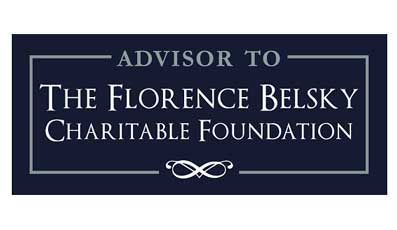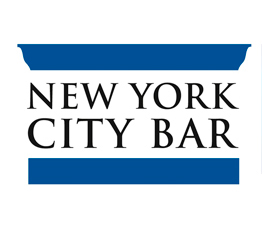As of October 1, 2020, applicants for Medicaid community home-care services will face a much more complicated approval process and a greatly increased chance of facing penalties and ineligibility.
Until October 1, 2020, Medicaid applicants will only need to submit one month of financial statements to the Medicaid regulators for review. When the new rule kicks in, the regulators will review 30 months or 2.5 years of financial statements. This 30-month period is known as the “look-back” period. Any gifts or uncompensated transfers of assets that the applicant made within the 30-month look-back period will be subject to penalties. Any gifts or uncompensated transfers of assets made before the 30-month look-back period will not be subject to penalties.
For example, transferring $15,000 to a grandchild to buy a car and contributing $5,000 towards the cost of your family’s vacation is not reportable if made before October of this year. After October 1, 2020, these transfers are reportable and will result in a penalty.
Long-term care planning makes sense for many reasons:
- Medicare and Medicare supplemental insurance (e.g., AARP) do not pay for long-term care services.
- Long-term care insurance policies often do not provide the benefits to which most seniors think they are entitled.
- Long-term care planning is another form of asset protection.
- Many seniors who do not believe they will qualify for benefits may, in fact, be eligible.
Elder lawyers are the best resource for information. If you do not have a long-term care plan in place, speak to an attorney familiar with Medicaid. If you already have a plan, ask that it be reviewed.







